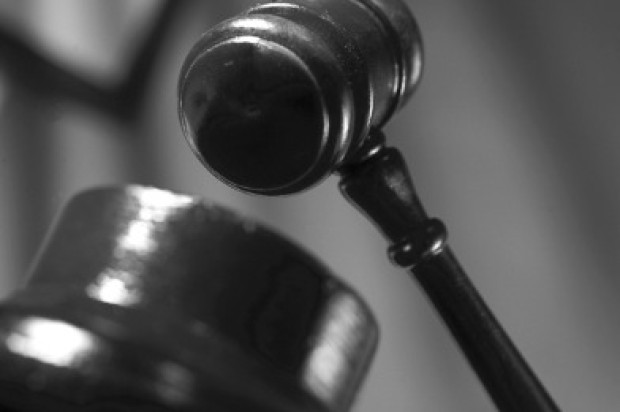
The California Labor Commission has ruled that a former Uber Technologies Inc. driver was an employee, not an independent contractor, and is entitled to reimbursement for her business expenses.
Former driver Barbara Berwick of San Francisco was awarded $4,152 for mileage, bridge tolls and interest during a two-month period during which she worked for the ride-service company in 2014. The decision was issued by Labor Commission Hearing Officer Stephanie Barrett on June 3.
San Francisco-based Uber filed a notice of appeal of the decision in San Francisco Superior Court on Tuesday.
Uber and a lawyer who represents drivers in a separate federal lawsuit disagreed about the impact of the decision, which could affect whether other drivers are entitled to be paid for expenses such as gas, wear and tear on their cars, and overtime.
Uber spokeswoman Laura Zapata said, “The California Labor Commission’s ruling is non-binding and applies to a single driver.”
Zapata said authorities in five other states have come to the opposite conclusion, finding that drivers are contractors. In addition, another commission hearing officer in ruled in 2012 that a different driver was a contractor, not an employee, Zapata said.
“It’s important to remember that the number one reason drivers choose to use Uber is because they have complete flexibility and control,” Zapata said in a statement.
The Labor Commission, which is a division of the California Department of Industrial Relations, issued a statement saying that the ruling applies only to Berwick and that any future claims will be evaluated on a case-by-base basis.
“The test of whether someone is an independent contractor or an employee must be applied on a case-by-case basis to the facts of that particular case,” the commission said.
But Shannon Liss-Riordan, a lawyer for drivers in a case pending in federal court in San Francisco, said the reasoning of the decision, if upheld, would apply more broadly.
“This case focused on a particular driver, but the reasoning is obviously more than that and if upheld would apply more broadly,” Liss-Riordan said.
Liss-Riordan represents four California drivers who are seeking a federal court ruling requiring them to be classified as employees rather than independent contractors. Their lawsuit is pending before U.S. District Judge Edward Chen of San Francisco.
Chen is scheduled to hold a hearing in August on the drivers’ bid to have the case certified as a class action lawsuit on behalf of all of Uber’s thousands of drivers in California.
If the Labor Commission’s ruling is upheld in the state court system, “it could be very helpful” to the federal lawsuit, Liss-Riordan said.
“Uber has been shifting expenses of running a business to its work force,” Liss-Riordan said.
Barrett said in the commission ruling that Uber was an employer in Berwick’s case because it “retained all necessary control over the operation as a whole” by “obtaining the clients in need of the service and providing the workers to conduct it.”
Julia Cheever, Bay City News









